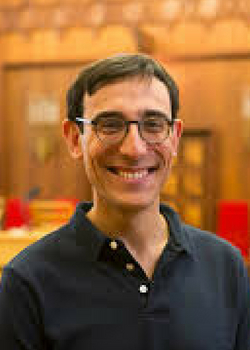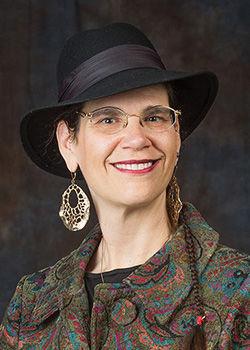Gaining Meaning and Joy from Each Day
“Jacob answered Pharaoh: ‘The years of my sojourn [on earth] are one hundred and thirty. Few and hard have been the years of my life, nor do they come up to the life spans of my fathers during their sojourns.” (Genesis 47:9)
Read more...


 Download PDF
Download PDF

